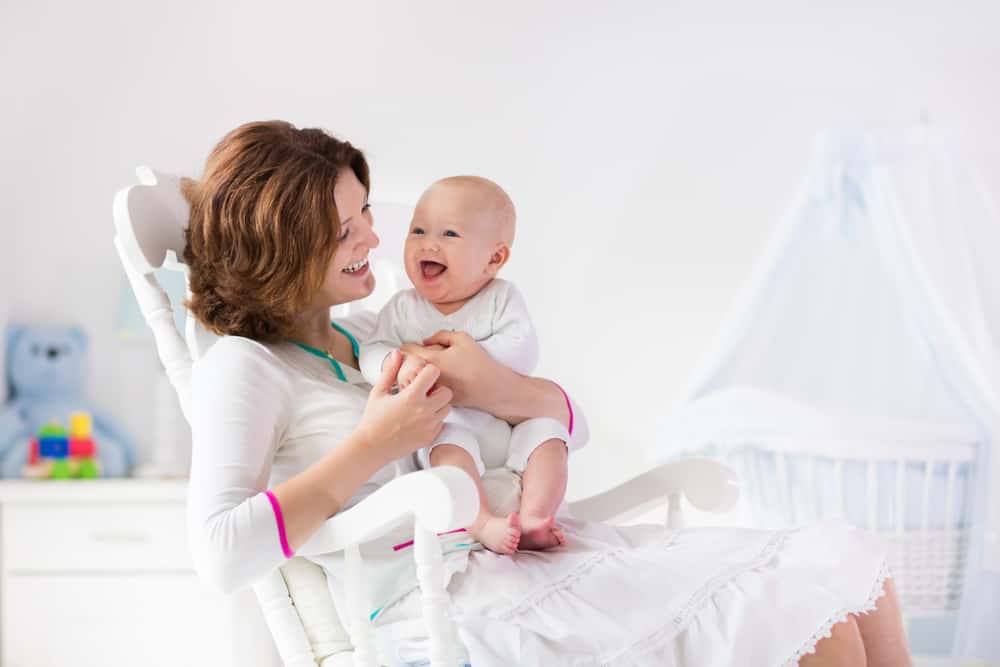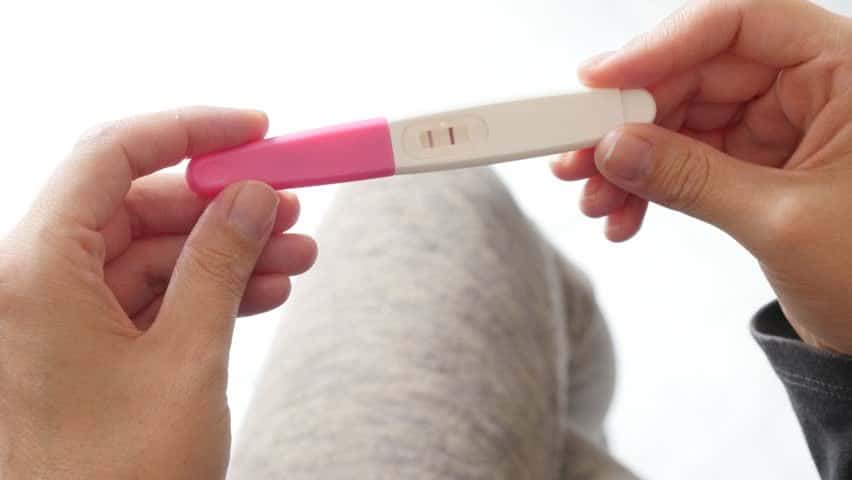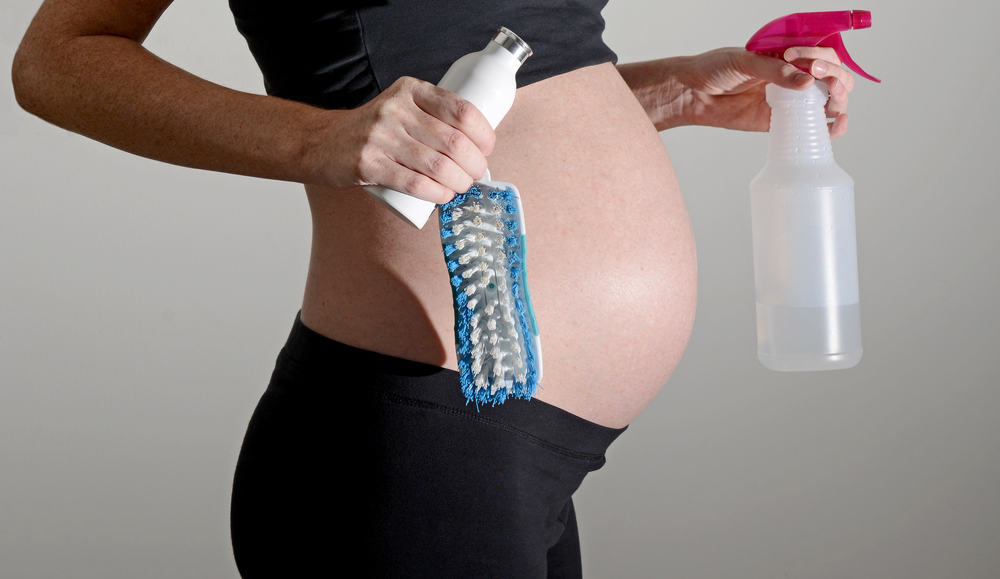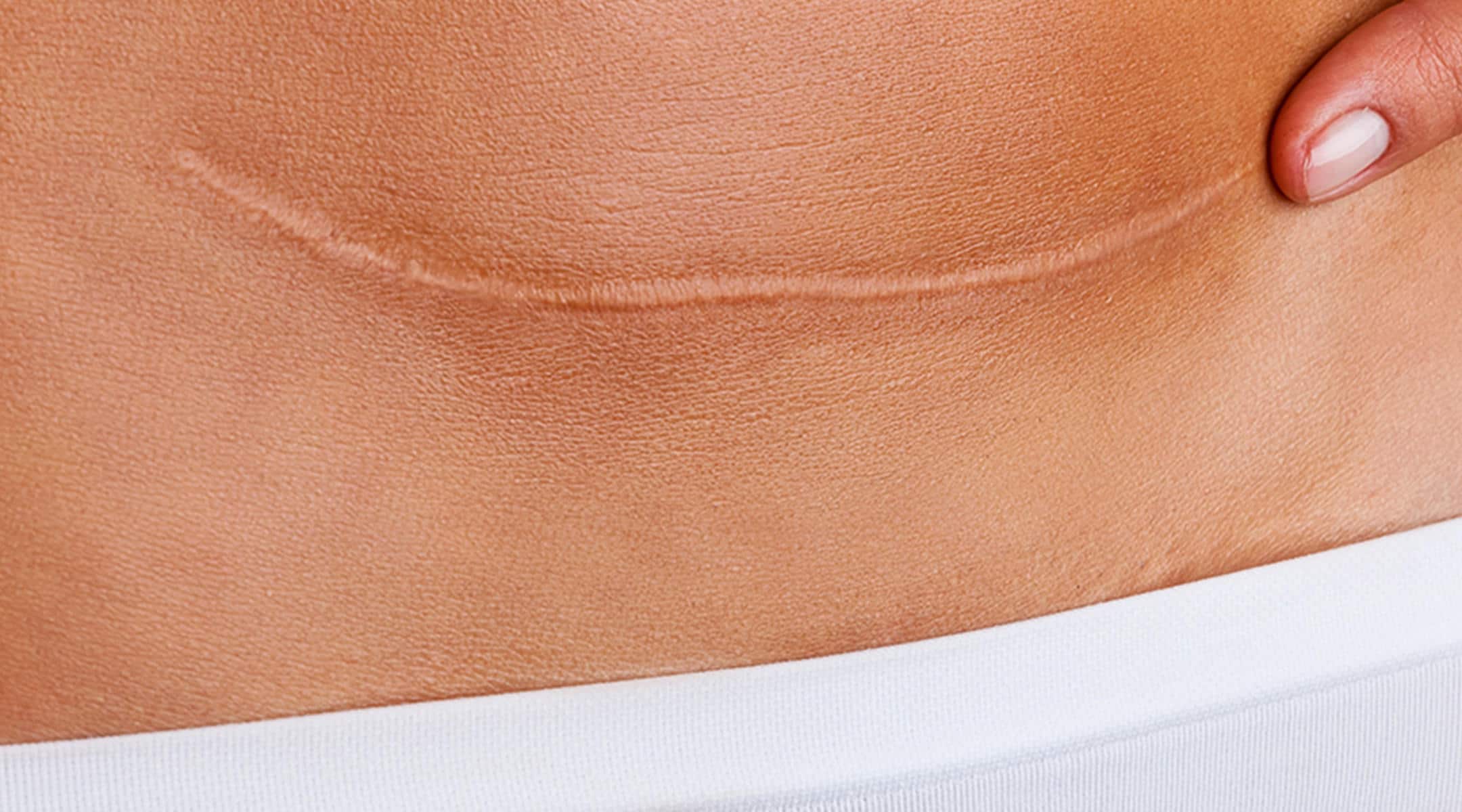Contents:
- Medical Video: Caring For Your Newborn
- So, how to keep children healthy and free of infection?
- 1. Keep personal hygiene
- 2. Get all vaccines at the right time
- 3. Teach children not to touch their eyes, nose, mouth
- 4. Don't let children share toothbrushes
- 5. Don't carelessly hold animals
- 6. Teach children to keep their mouth shut when coughing or sneezing
Medical Video: Caring For Your Newborn
Infection can be dangerous for children, especially for small babies or children who are classified as vulnerable to health. Children can easily contract infections at school or through their relatives or caregivers.
So, how to keep children healthy and free of infection?
1. Keep personal hygiene
Good hygiene is important for children to stay healthy and free of infection. Hand hygiene is an important part of infection control, so teach your child to wash their hands regularly.
Microbes can live on every surface from a few minutes to several months — on the light switch, computer keyboard, elevator button. Be sure to wash your hands and child with water and soap for at least 20 seconds after using the toilet, before and after eating, after sneezing or coughing. If water and soap are not available, alcohol-based hand sanitizing gels may be used.
Cutting the child's nails regularly is also important to prevent accumulation of dirt and prevent the growth of microorganisms under the nails. If you have a caregiver, it is important to tell them to wash their hands before making contact with small children
2. Get all vaccines at the right time
Following a vaccination schedule is one of the most important ways to protect your child from other people's illnesses. Every dose of vaccine is important because it all protects against infectious diseases that are a threat at this time.
3. Teach children not to touch their eyes, nose, mouth
These common bad habits can cause the spread of a number of infections. Many microorganisms that cause pain choose warm and moist environments inside the nose and other mucus-coated surfaces such as the mouth and eyes.
4. Don't let children share toothbrushes
Sharing personal items can be a source of infection. Parents should often remind children of the types of items that should not be used with other people such as: toothbrushes, towels, shavers, handkerchiefs, and nail clippers.
5. Don't carelessly hold animals
Infection can spread from animal to person. Various types of wild animals can carry diseases such as rabies or fleas, bird flu. Make sure that your pet gets regular check-ups and up-to-date vaccinations. Regularly clean animal litter boxes and keep small children away from animal feces.
Clean the house regularly and keep shrubs and bushes around the house well trimmed to prevent rodents and other rodents. Always make sure children wash their hands after coming into contact with animals.
6. Teach children to keep their mouth shut when coughing or sneezing
For most infections, disease-causing microbes have begun to grow and multiply long before any symptoms begin to appear. Coughing or sneezing can spread these germs through microscopic droplets in the air. Teach children to cough or sneeze into tissue or arms in clothes, rather than using their hands, which can spread germs quickly. Wash hands after coughing and sneezing.












